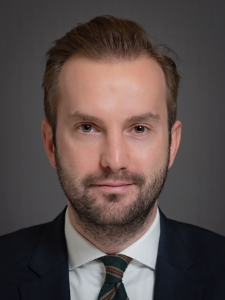Shortly after the War started the Montenegrin political elite was quick to condemn Russian aggression, foremost among them the President Milo Đukanović and the Prime Minister, Dritan Abazović. Still, society at large and the political elite is split on the issue. Most notably Democratic Front party, while respecting territorial integrity of Ukraine, isn’t keen on supporting any sanctions or other measures against Russia. Furthermore, they tend to blame NATO and the West for the War. The majority of the population does put the blame on Russia, but a substantial minority sees the West as being at fault, mostly but not exclusively constituents of Democratic Front. Nonetheless, the government has largely abided by EU policy toward Russia, particularly after Dritan Abazović took over the position of Prime Minister from Zdravko Krivokapić. Among other measures Montenegro closed its airspace to Russian airlines, imposed sanctions on the Russian central bank, sent military aid to Ukraine and the Parliament enacted a Resolution condemning the Russian aggression. However, Russians are able to enter Montenegro via Serbia and through AirSerbia flights. There are around 13 000 Russian expats who have settled in Montenegro since the War began, along with 10 000 Ukrainian refugees. Given the fact that Montenegro is a country of 619 000 people, this means that it has taken in the highest number of Ukrainian refugees per capita in the Western Balkans. The War has extremely negatively affected the economy of Montenegro, where the tourism sector makes up 22 % of the country’s GDP and 20 % of all tourists in 2021 came from Russia and Ukraine, according to official figures of the MONSTAT public statistical agency. For the year 2022 no official figures have been published, but unofficially the number of tourists from both countries has dropped dramatically. Bearing all this in mind, the coming Presidential Elections on March 19 will probably include the politization of the War in Ukraine and the government’s policies on Ukraine and Russia, for election purposes. Further polarization is to be expected.
Topics
Provided by
Foundation Office Serbia / MontenegroAbout this series
The Konrad-Adenauer-Stiftung is a political foundation. Our offices abroad are in charge of over 200 projects in more than 120 countries. The country reports offer current analyses, exclusive evaluations, background information and forecasts - provided by our international staff.




